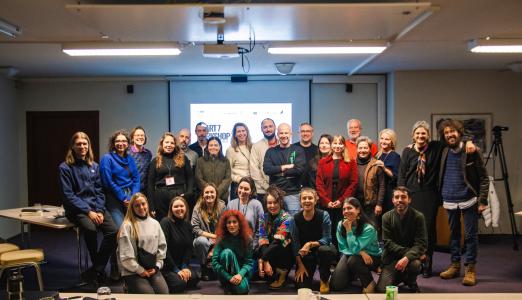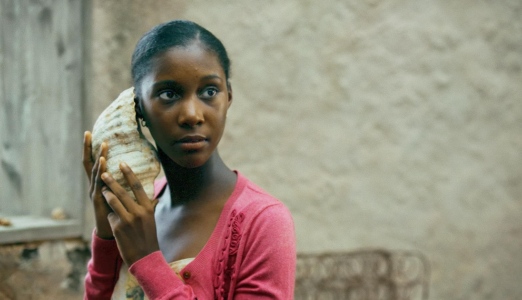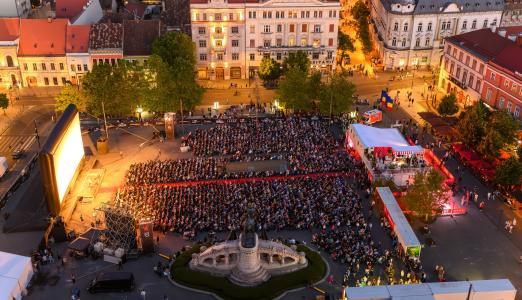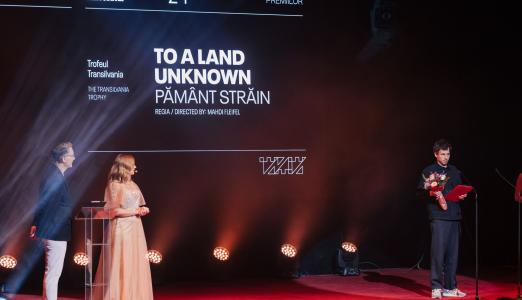Mihai Chirilov: Art is not propaganda
Mihai Chirilov, Artistic Director of Transilvania International Film Festival, on the problem of political correctness in cinema.
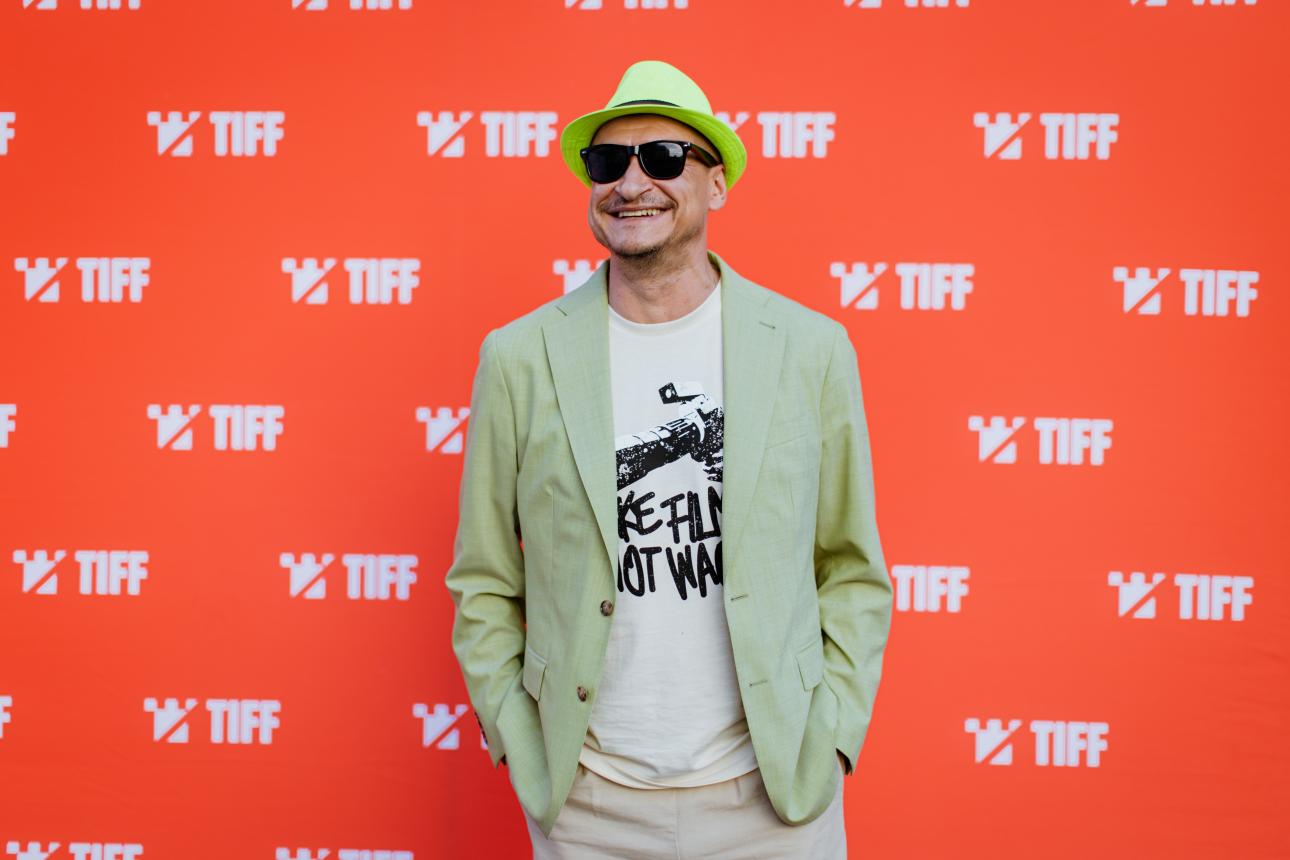
Last year, on the eve of the festival, I gave an interview to Cineuropa. The context was a fraught one, and the questions didn't bypass the tension, invoking head-on the issue of political correctness in cinema. In the months that followed, some congratulated me with a knowing air, almost in whispers, as if it were a secret to be kept to ourselves. Others were surprised that the interview was published in full, and I couldn't tell from their tone whether or not they welcomed the editorial decision. No wonder. It's yet another manifestation of the growing hypocrisy in our little film world, where the same people who, over drinks or behind closed doors, think, doubt or rebel, sing along to the official tune once out in public and say only what they have to say or what they imagine others want to hear. It's almost impossible to have a genuine dialogue with anyone in the industry anymore, or to hope that the films of the future will be anything but counterfeit or dependent upon a straightjacketing thesis. During a workshop for emerging directors preparing their feature debut, a student asked me what kind of film they should start their career with: which subjects are sure bets now, what’s the recipe for success? It's sad when artists end up asking such questions, but it’s also evidence of widespread confusion, caused by fear of not doing things “right.” Afterall, the guardians of public spaces lurk on social networks, and if their machine-gun typing could kill, those who didn't comply would drop dead instantly.
I still maintain that in art it’s completely inappropriate to operate within ideological templates. Art is not propaganda. Art provokes. It stimulates critical thinking. It takes you out of your comfort zone, confronting you with uncomfortable truths at odds with mainstream views or your own moral compass. We live in a time when the entire architecture of the industry (from storytelling to funding criteria, from festival curatorial politics to film criticism) has reconfigured itself and no longer seems to function unless ideologically aligned. I find this logic in open conflict with freedom of expression and what art should stand for.
I was on a jury that disqualified a film for the infamous reason of being too macho and male-centric. Beyond the ridiculousness of the accusation, no one bothered to discuss the otherwise outstanding artistic virtues of the production in question. Sadly, no one seems to talk about cinema anymore, not even critics or festival curators - it's all opportunistically filtered through trendy hashtags, as if these could replace in-depth analysis or validate a work of art. A foreign distributor told me, in a bemused tone, how a film professional complained that TIFF never screens LGBT titles – this was said right in front of him, even though he’s often contributed such films to our programme. I could go on with similar anecdotes, but I think you already get the idea, so I'll take advantage of Catherine Breillat's recent interview in Cineuropa to draw the line on the subject: “Political correctness means that we don't think, that we don't really look at reality and that we are stuck in narrow concepts that have nothing to do with human diversity. We must not let self-righteousness force artists to think comme il faut. If they do, they are conformists, and being an artist is about creating, not conforming.”
I wish you a non-conformist TIFF!
Mihai Chirilov


